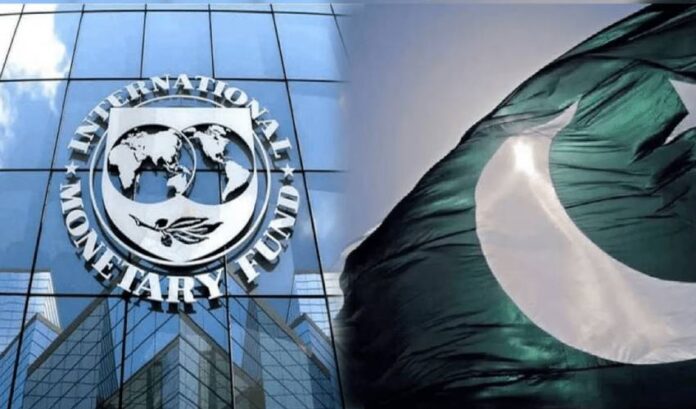The International Monetary Fund (IMF) began an unplanned official visit to Pakistan on November 11, with authorities affirming their commitment to meet budgeted revenue targets despite a significant first-quarter shortfall.
The discussions, led by IMF mission chief Nathan Porter and Pakistan’s State Minister for Revenue Ali Pervez Malik, focused on addressing revenue collection gaps and administrative strategies to close the fiscal deficit.
According to officials, the IMF mission is here for consultations, not as part of the formal review under the $7 billion Extended Fund Facility (EFF). That first formal review will assess Pakistan’s end-December performance, which, if satisfactory, could release over $1 billion by March 2025. The ongoing visit will conclude on November 15.
The IMF visit follows a reported Rs190 billion revenue shortfall in Pakistan’s first four months, with nearly half of the gap emerging in October. This trend, attributed to falling inflation, raised concerns about meeting future targets and fulfilling the IMF program’s benchmarks, including commitments related to the struggling privatization agenda.
Federal Board of Revenue (FBR) officials reassured the IMF team that its enforcement measures are underway and should narrow revenue losses by the end of this month.
The FBR, currently adhering to quarterly rolling targets, suggested that a possible downward adjustment in targets could be explored later in the discussions.
As part of the EFF, Pakistan has agreed to implement contingency measures if revenue falls short by more than 1% of quarterly targets. Proposed steps include modest increases in advance income taxes and withholding taxes on imports and services, alongside higher federal excise duties on sugary drinks. These measures aim to offset potential shortfalls and maintain program commitments.
Additionally, Pakistan’s provincial assemblies are preparing to implement an agricultural income tax from January 2025, with collections beginning in July. This measure is part of a broader commitment to strengthen fiscal discipline and limit market borrowing.
The government has pledged to use a record Rs2.5 trillion profit transfer from the State Bank prudently, primarily to stabilize the primary balance and fund essential debt payments, reducing the burden on the domestic credit market.




